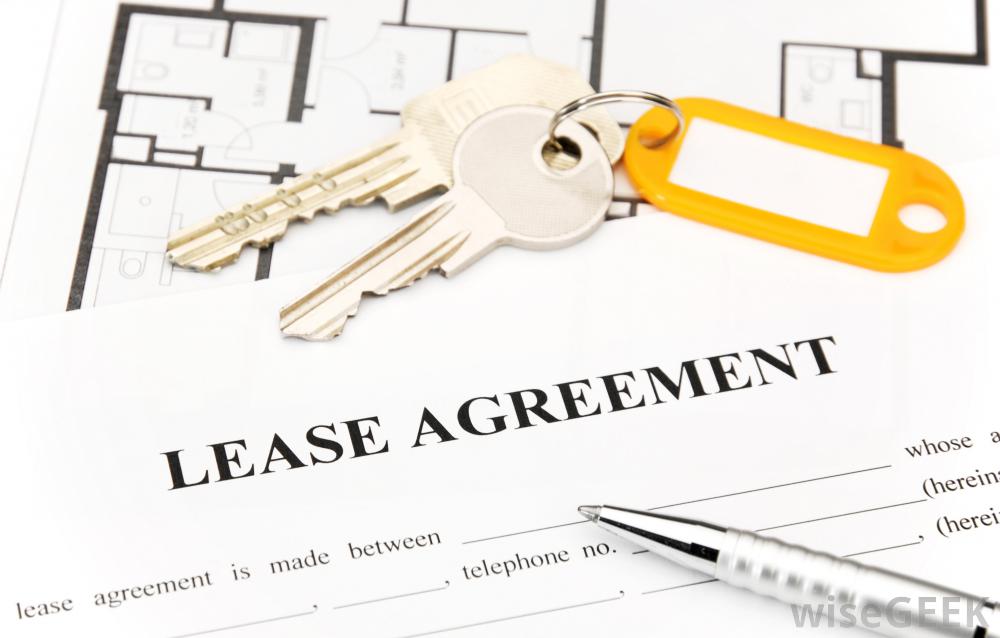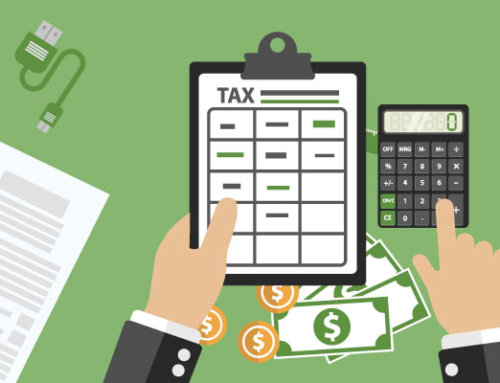If you hear, “This is the standard office space lease agreement that everyone signs” – STOP! Do not proceed. Here’s why…
As a tenant or a tenant representative, it’s very unlikely that you’ll want to read the entire contents of a standard lease agreement. These contracts are typically very long, complex, and usually printed in a small nearly unreadable font size.
Many landlords or leasing companies take advantage of this by sliding the document across the table for you to sign on the spot. They’ll say, “This is our standard office space lease agreement. Everyone signs it.”
Seems pretty cut and dry, right?
If everyone signs it, why should you be any different? Is there even any reason to read such a boring document knowing that this is the document “everyone” signs?
Yes, there most certainly is. DO NOT sign any papers at this point. Politely accept the office space lease agreement for review and come back with modifications if necessary.
What you have to keep in mind is a standard lease agreement is typically written to protect the landlord’s interests, not yours. This agreement is basically a partnership setting parameters for the business relationship between landlord and tenant.
Every tenant has very specific and unique needs that may require lease changes during the negotiation process. Here are a 12 specific points every tenant should look for when reviewing a standard office space lease agreement:
1) Does the lease agreement contain an accurate description of the space?
2) Does the lease agreement clearly state the rent amount and due date? Are late charges mentioned if rent isn’t paid on time?
3) Does the lease agreement mention a security deposit and amount? Upon leaving the space, what are the conditions for the deposit to be repaid? What conditions allow the landlord to keep the security deposit?
4) Does the lease agreement address an early vacating of the premises? Do you have the right to move into a larger open space in the same building, or another building owned by the same company, without penalty? Do you have the right to rent an additional space to accommodate any rapid business growth?
5) Does the lease agreement clearly define the lease period? If lease renewal is desired, are there any provisions to facilitate it?
6) Does the lease agreement mention a cleaning deposit for readying the space for the next tenant when you leave? If so, is the fee returned if the premises are in the same condition as when you moved in?
7) Does the lease agreement mention common space? If so, do you as the tenant have the right to come and leave through common spaces at any time or are there restrictions? Also, be sure to look for any mention of possible upkeep charges for common space.
8) Does the lease agreement contain any verbiage in regard to tenant parking – including the number of marked or reserved spaces.
9) Does the lease agreement address which utilties are the tenant’s responsibility and which ones are paid by the landlord? Also be sure to look for references to maintenance and repair charges that aren’t the result of tenant misuse or neglect.
10) Does the lease define tenant improvements and the TI allowance?
11) Does the lease agreement address rights to signage?
12) Does the lease agreement contain contain a section – or an addendum – where notes about the condition of the property upon delivery can be added?
Highlight anything that stands out to you in the lease. This includes any verbiage you don’t understand or anything that doesn’t meet your specific needs. Any portion of the lease agreement that is misleading, unclear, or will require negotiation or a revision should be highlighted.





